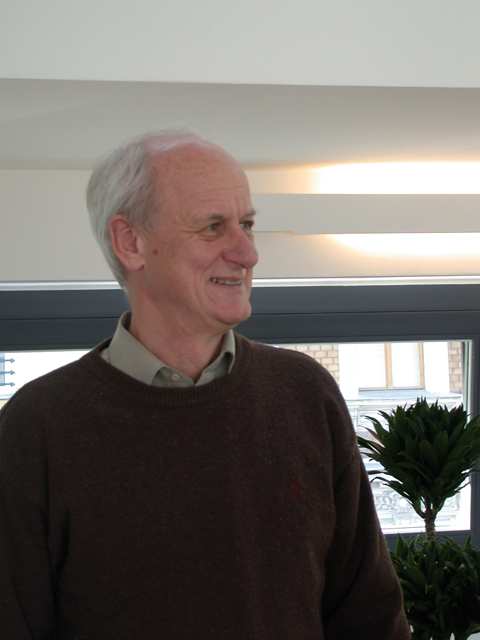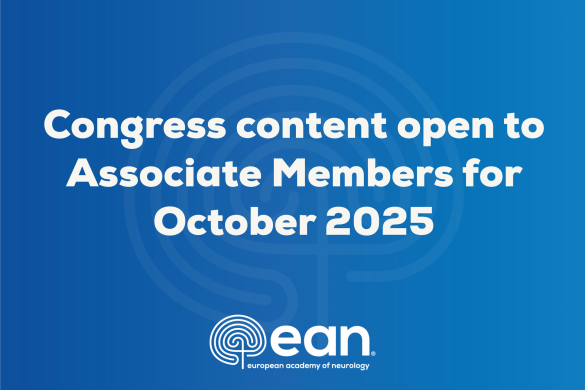Jes Olesen, clinical professor in the department of clinical neurology, Rigshospitalet, Denmark, has been awarded the Brain Prize along with Michael Moskowitz, Lars Edvinsson and Peter Goadsby for discovering a key mechanism that causes migraine which has since led to revolutionary new treatments. They showed that when given to migraine patients, CGRP could trigger a migraine attack. He then went on to show that drugs which blocked CGRP – antagonists – could help treat migraine. Their work was not only crucial in showing a causal role for CGRP in triggering migraine, but it also demonstrated that CGRP could be an important new target for developing new treatments for migraine. The first CGRP antagonist drug effective in the acute treatment of migraine attacks were shown in a large trial involving Olesen and his team in 2004.
Jes Olesen is a Fellow of EAN, individual Delegate and member of the EAN’s Headache Scientific Panel. His neurological education included a residency at Cornell Medical School, New York, and a volunteer period at the National Hospital Queen Square, London, UK. He is known for his work on International Headache Classification and has identified several signaling mechanisms in migraine leading to new drug targets and registered drugs. He founded and for many years led the Danish Headache Center where he is still an attending physician.
The Brain Prize is the world’s largest prize for brain research and is awarded each year by the Lundbeck Foundation. The award is worth 10 million DKK (approx. €1.3 million) and is given to one or more neuroscientists who have had a ground-breaking impact in the field.
World’s top Brain Prize has been awarded to a group of four neuroscientists from Denmark, Sweden, UK and USA, who pioneered migraine research which has led to revolutionary new treatments.
The Brain Prize will be awarded at a ceremony in Copenhagen on 25 October 2021, presided over by His Royal Highness, The Crown Prince of Denmark.
The four winners, who 40 years ago discovered biological mechanisms triggering migraine attacks, are Lars Edvinsson (Sweden), Peter Goadsby (UK/USA), Michael Moskowitz (USA) and Jes Olensen (Denmark).
Migraine is a serious neurological disease with symptoms such as severe throbbing and reoccurring head pain, nausea, dizziness, increased sensitivity to sound and/or light and many other. It negatively affects lives of people and decreases the quality of their lives, ability to work with visible effects leading to anxiety, depression and sleep-related problems. Given that the societal and economic costs of migraine are extremely high, there was an urgent need to develop migraine-specific drugs which would improve the condition of the users. The research findings of the awardees have added to this and resulted in development of new and effective classes of migraine treatments. Development of drugs which blocked CGRP antagonists is a milestone in migraine research and therapy. Although they do not cure migraine, they markedly improve the quality of life of many migraineurs. They are also the first drugs to have a duality of mechanism, being active in both the acute treatment and the prevention of attacks, and they have paved the way for the study of other potential targets.
Professor Jes Olesen said: “I have spent my entire professional life trying to get migraine accepted as a neurological disease. Therefore, it is with great joy that I receive the world’s top Brain Prize. It helps to increase awareness of migraine as a widespread and important disease. Even in the international research community, the field has been neglected and misunderstood. I hope the ongoing focus on migraine and other headache disorders will have an even greater impact, leading to new discoveries, research and development of therapies for the benefit of those affected.”














